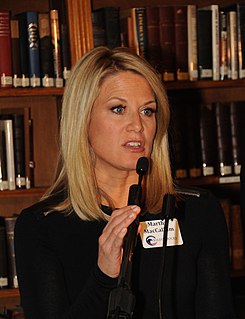Цитата Джонатана Готтшалла
Художественная литература кажется более эффективной в изменении убеждений, чем научная литература, которая предназначена для убеждения с помощью аргументов и доказательств. Исследования показывают, что когда мы читаем документальную литературу, мы читаем с поднятыми щитами. Мы критичны и скептичны. Но когда мы поглощены историей, мы теряем нашу интеллектуальную бдительность. Мы движимы эмоциями, и это, кажется, делает нас эластичными и легко поддающимися изменению.
Темы цитат
Связанные цитаты
До недавнего времени мы могли только догадываться об убедительном эффекте истории. Но за последние несколько десятилетий психология начала серьезное изучение того, как история влияет на человеческий разум. Результаты неоднократно показывают, что история сильно влияет на наше отношение, страхи, надежды и ценности. На самом деле художественная литература кажется более эффективной для изменения убеждений, чем литература, специально предназначенная для убеждения с помощью аргументов и доказательств.
Вся художественная литература, если она будет успешной, будет апеллировать к эмоциям. Эмоции — это действительно то, о чем выдумка. Это не значит, что художественная литература не может быть продуманной или содержать интересные или провокационные идеи, которые заставят нас задуматься. Но если вы хотите представить интеллектуальный аргумент, документальная литература — лучший инструмент. Вы можете забить гвоздь ботинком, но лучше для этого подойдет молоток. Но художественная литература связана с эмоциональным резонансом, с тем, чтобы заставить нас чувствовать вещи на первобытном и интуитивном уровне.





























